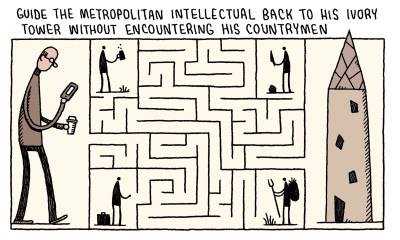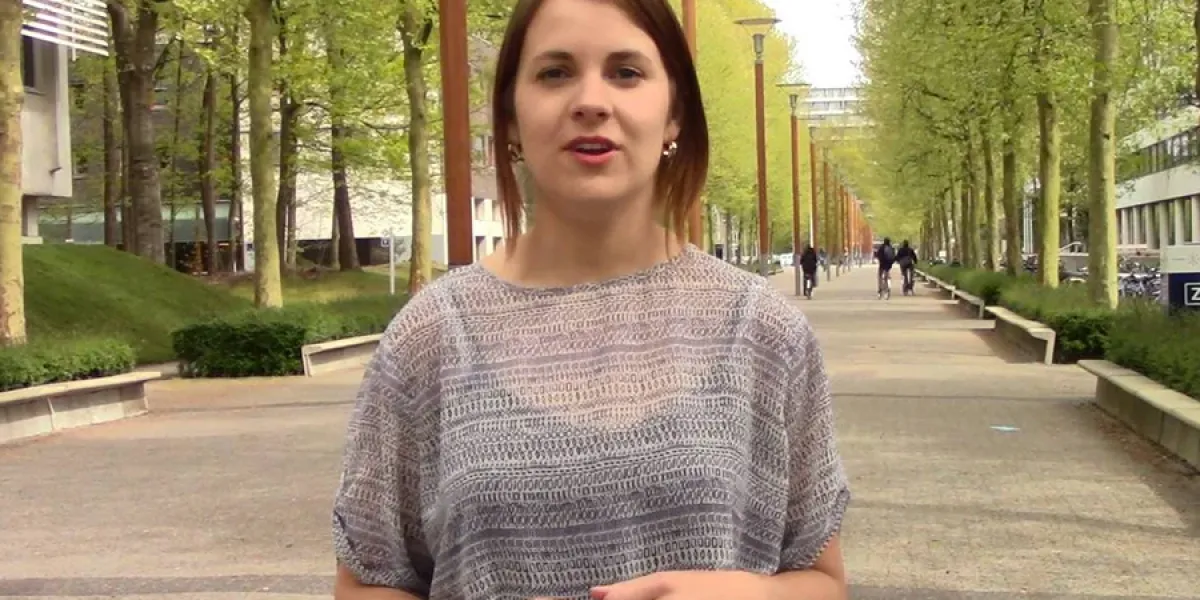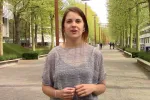- UPDATE -
I have now started the fundraising for the PhD research! Exciting times. You can find more information on my Facebook or Twitter (@research_CRC / @marieke_hopman)
When moving house recently, I recovered a postcard that a friend sent to me in July 2013, during the lead-up to my first (field) research on children's rights. On the front of the card there is this poem by a Dutch poet, Remco Campert. Clearly, my friend knows me and my research well. 18 months further down the road I am still asking questions. I have, for the time being, finished a PHD proposal on children's rights, which has as its main question: "How can we understand the position of the child in the international legal community?". I think this is an extremely important question that can provide an impetus for social transformation.
In addition, starting a PHD project for me is a period of great insecurity. Days are filled with questions. Is the proposal good enough? Who do I want as supervisors, and do they want me as a student? Do I possess sufficient capacities to successfully research the subject on a high academic level? Will my articles get published? How do I find the financial means to even start the project?
Regarding the latter, financial issue, I have decided to take a bold and unusual step, which is to try and finance the project (at least partly) through fundraising. It took me two weeks of Christmas holidays to decide to go on this adventure, that had been lingering in my mind ever since I did a small crowdfunding project to finance my previous research in 2013. I think fundraising for research that is socially relevant, is a great way to expand social commitment to and impact of the research. In my experience, this approach gets so many people involved in the process; academics and non-academics, young and old, students and professionals, NGOs and corporations... All this leading to greater societal impact in the end, as well as individual interest and support.
However, the approach is uncommon in present-day academia. Uncommon to say the least. In fact, it might very well be frowned upon by some academics. To not (solely) walk the traditional road of grant applications, leaves out the academic judgment involved in grant distribution. According to some, we cannot leave judgment of academic value up to the court of public opinion. This is probably a legitimate objection.
Yet this also triggers my resistance. With recent financial cutbacks, less academic research can receive grants. Therefore we HAVE to look for different means of supporting our work. Academic value can still be judged through peer-reviewed research articles. In addition, if some of the funding comes from civil society, publication in more popular media should increase in (academic) appreciation.
At times when I feel uncertain and scared about the whole project, which is pretty much my perpetual condition, I sometimes think of the words of Joseph Knecht in Herman Hesse’s “The Glass Bead Game” (1943), who argues that ‘we possess that limited freedom of decision and action which is the human prerogative and which makes world history the history of mankind’. According to Knecht we may therefore choose, in proportion to our understanding of events, in proportion to our alertness and our courage, to either close our eyes to danger and hope that it will not find us, or recollect that ‘we belong to world history and help to make it’.
Suppose through fundraising, one would be able to operate on two levels; at the level of civil society; politics, policy, and at the level of academic research; both using the same data. Would that not be a dream come true? Or should all people who do not receive a grant give up on their dream of doing academic research?

Thanks to Bavo Hopman and Kila van der Starre for (translating) the poem.





